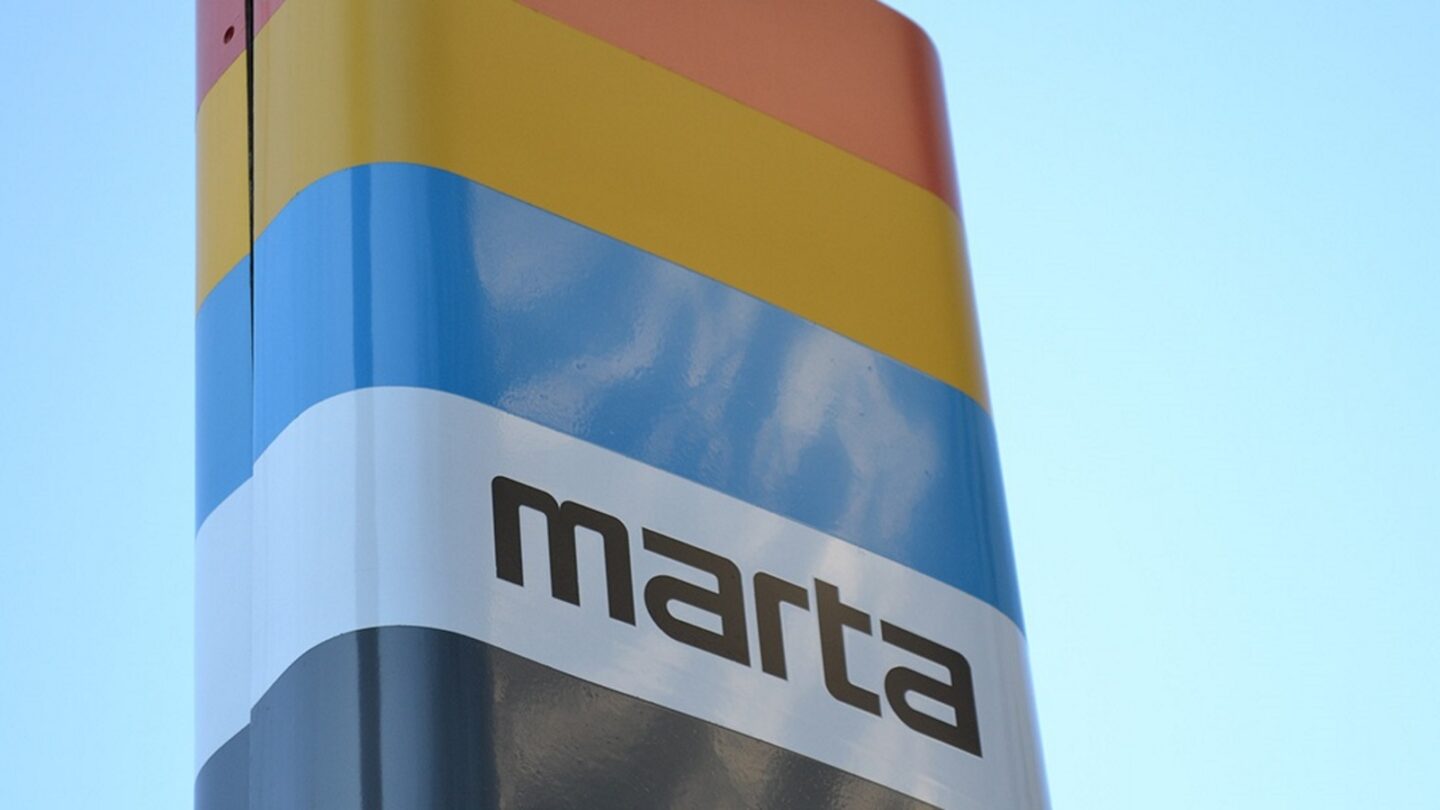MARTA’s Ridership Is Down. One Expert Points At Ride-Hailing, Gentrification

One transit expert said a combination of factors may be depressing ridership numbers at MARTA and other transit agencies around the country.
A recent report provided by MARTA shows ridership has been decreasing over the last 10 years, and is down 3.1 percent over last year.
The news is at odds with renewed public interest and investment in transit. In 2016, Atlanta voters overwhelmingly approved a sales tax for MARTA expansion.
One transit expert Atlanta Loop, a WABE partner, spoke to said a combination of factors may be depressing ridership numbers at MARTA and other transit agencies around the country.
Jon Orcutt, director of communications and advocacy for the TransitCenter, said that ride-hailing services like Uber and displacement of transit customers by gentrification are possible reasons for the decline.
On the ride-hailing question, he said, “Some of the studies we’ve seen show that some of the people using these services in cities were formerly using transit.”
But that’s only one part of it.
“We’ve been hearing some other new patterns from some transit agencies we talk to,” he said. “One is that people who are traditionally bus riding parts of the city’s population are being pushed farther and farther to the edges of urban areas where they aren’t able to take advantage of the service.”
MARTA’s report shows that bus ridership is down 3.9 percent over 2017 and that rail ridership is down 2.5 percent.
According to MARTA, ridership is 6 percent below projections. The lower ridership phenomenon isn’t unique to MARTA. Its peers around the country have noticed a similar trend.
A spokesperson for MARTA said that the two things Orcutt cited are possibilities the transit agency has considered.
“I believe ride-sharing services were discussed as one factor in ridership decline,” MARTA spokesperson Stephany Fisher said. “We do consider ride-sharing companies as partners though and have joined with them in the past to provide first and last mile connectivity to riders.”
She said displacement due to gentrification may also be a reason for the decline.
“Nationally, transit ridership is experiencing a decline and we are looking at a variety of factors for that decline including ride-sharing, car/gas price affordability, and a change in urban demographics to name a few,” she said. “All of these factors are at play here in Atlanta.”
Orcutt said it still makes sense for cities to continue investing in expansion of transit services.
“The few places we saw transit ridership go up were places that were putting more services on the street,” he said. “Phoenix and Seattle stand out in that regard.”
This story originally appeared on AtlantaLoop.com.








